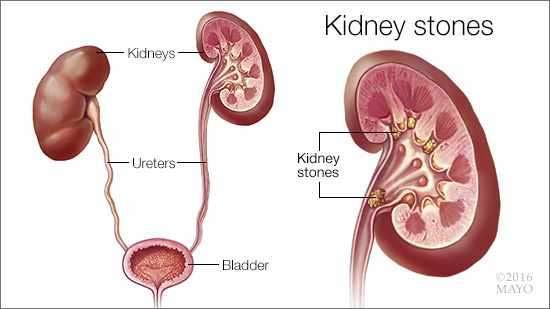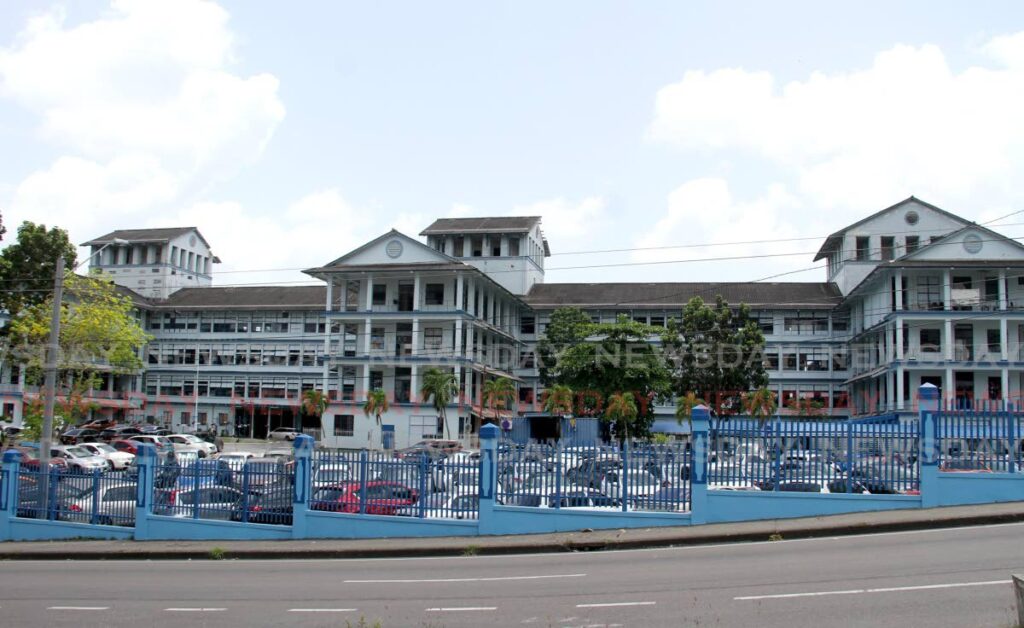
Recent studies conducted in Trinidad have shown that individuals of East Indian descent are more susceptible to developing kidney stones, impacting their quality of life.
Research conducted by Dr. Satyendra Persaud, Dr. Arista Maharaj, and their team from UWI over the span of the last three years focused on the quality of life among patients with kidney stones, specifically those of East Indian descent at the San Fernando General Hospital. The study revealed that 77% of the participants were of East Indian descent, indicating a significantly higher risk for this group.
When asked about this trend, Dr. Persaud said, “East Indians, in general, are at a higher risk of stone formation. We don’t know why. It might be genetic or it might be cultural, it might have to do with diet.” It was also found that younger female patients and those with larger stones reported poorer outcomes.
Alongside the physical pain, individuals suffering from kidney stones also experienced a notable decrease in their quality of life, showing higher levels of anxiety and depression.
Furthermore, the study revealed that medical interventions led to significant improvements in the patients’ quality of life, particularly with surgery, as “those who had surgery, their quality of life improved at one month after surgery,” Dr. Persaud said.
Despite a margin of error due to the method of data collection, it was found from patient reports and imaging that the current sufferance of kidney stones was high, calling for a more targeted approach to battling the condition.
Additional studies on the prevalence and healthcare costs of kidney stones estimated that the San Fernando General Hospital spends approximately $11,904,124.44 (US$1,750,606.50) annually on treating the condition.

In response to these findings, Dr. Persaud emphasized the importance of public awareness and investment in the prevention, management, and treatment of kidney stones.
He also pointed out the need for additional technology investment to improve the management of this condition, suggesting that technology plays a vital role in the procedure to remove kidney stones.
Dr. Persaud recently presented these studies at the Caribbean Urological Association’s (CURA) annual general meeting, and he remains an active proponent for raising awareness on the prevention and treatment of kidney stones.

